Are you excited to take the plunge into an underwater world of adventure? If so, earning your Scuba diving certification is the perfect first step. It’s your gateway to exploring breathtaking ocean experiences. But you might be wondering—what does certification involve, and how will it change your life?
Scuba diving allows you to uncover the ocean’s hidden treasures. From vibrant coral reefs to the mysterious deep blue, you’ll witness a world most people only dream about. With proper training, you’ll gain the skills and confidence to dive safely, opening the door to unforgettable adventures and discoveries that will stay with you forever.
Key Takeaways
- Unlock new adventures: Scuba diving certification gives you access to the incredible underwater world.
- Dive safely and confidently: Training equips you with the skills needed for safe exploration.
- Experience marine wonders: Encounter diverse marine life and colorful coral reefs up close.
- Create lasting memories: Start a journey full of unforgettable moments and discoveries.
- Take the first step today: Begin your scuba diving adventure with proper training and certification.
Why You Need a Scuba Diving Certification
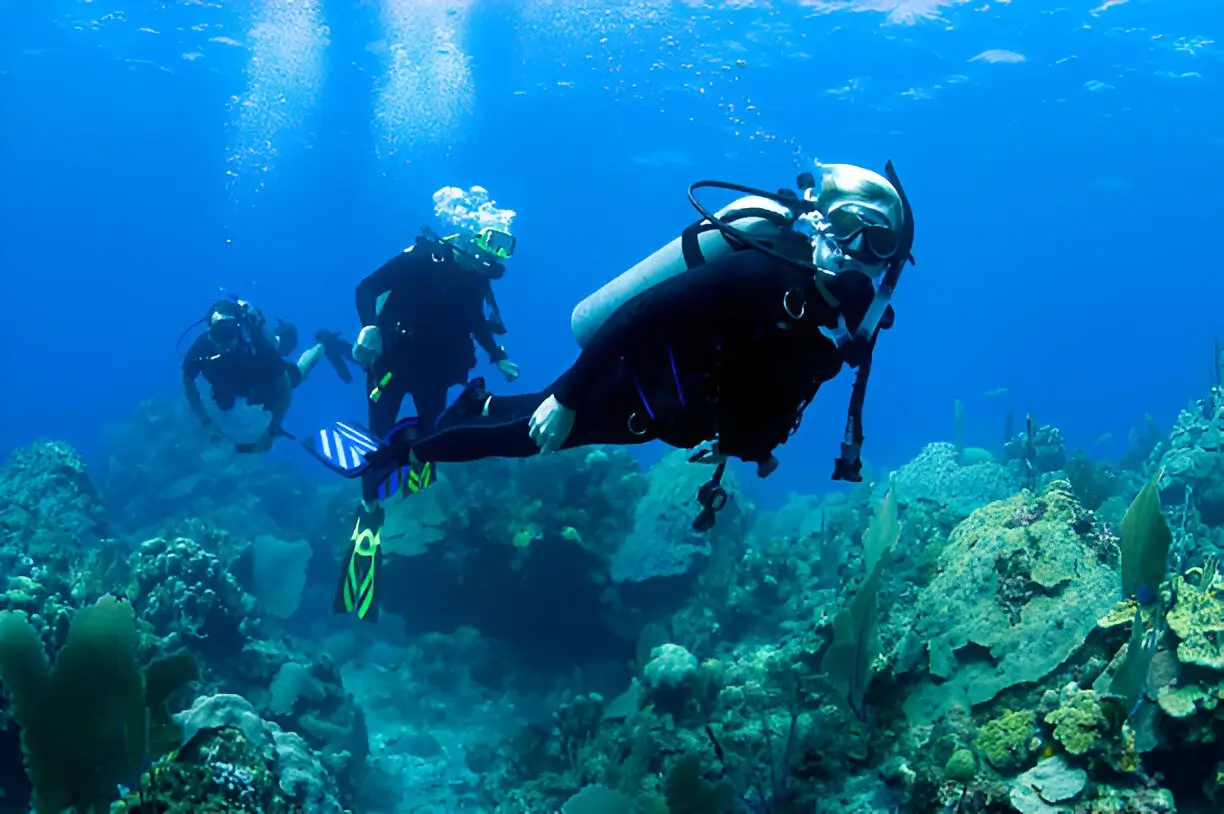
Getting Scuba certified is more than just ticking a box—it’s about diving safely, exploring more, and making sure you’re doing it responsibly. Here’s why it’s important:
Stay Safe Underwater
Diving is amazing, but the ocean can be unpredictable. A certification teaches you how to manage your air, stay in control, and handle any surprises, like equipment issues. This way, you can dive confidently and know you’re prepared for whatever comes your way.
Unlock the Best Dive Spots
Most of the world’s top dive sites—like the Great Barrier Reef or the cenotes in Mexico—won’t let you dive unless you’re certified. That certification opens the door to countless underwater adventures uncertified divers can’t access.
Know Your Gear
Diving requires specialized equipment, and you’ll learn how to use and maintain it during certification. Whether it’s adjusting your BCD or breathing through a regulator, you’ll feel comfortable and in control with your gear.
Protect the Ocean
It’s not just about diving—it’s about diving responsibly. Certification courses teach you how to respect marine life, avoid harming delicate ecosystems, and even get involved in ocean conservation efforts. You’ll leave not just as a diver but as someone who cares for the environment.
Here are some statistics related to scuba diving and scuba certification:
Global Scuba Diver Population
It is estimated that there are between 6 to 9 million active scuba divers worldwide. This number continues to grow as more people seek adventure and explore the underwater world.
Certification Agencies
The two largest scuba diving certification agencies are PADI (Professional Association of Diving Instructors) and SSI (Scuba Schools International).
- PADI alone has issued over 28 million certifications globally since its inception in 1966.
- PADI certifies around 1 million new divers each year.
PADI Certifications by Region
- 50% of new PADI divers are certified in the Asia-Pacific region, driven by the popularity of diving in countries like Thailand, Indonesia, and the Philippines.
- 23% of new certifications occur in the Americas.
- Growth in Adventure Travel: Scuba diving is a significant part of the adventure travel industry, which is experiencing an annual growth rate of 12%. Many travelers incorporate scuba diving into their vacations, driving the demand for certifications.
Scuba Diving as a Growing Sport
In the U.S., over 3.5 million people participate in scuba diving annually, and 60% of those divers hold an open water certification.
Interested in diving deeper into the world of scuba diving? Check out these related articles for more insights and tips:
Best Snorkeling In Oahu: 10 Unforgettable Spots You Must Visit
Scuba Diving Certification: Your Ticket to Unforgettable Experiences
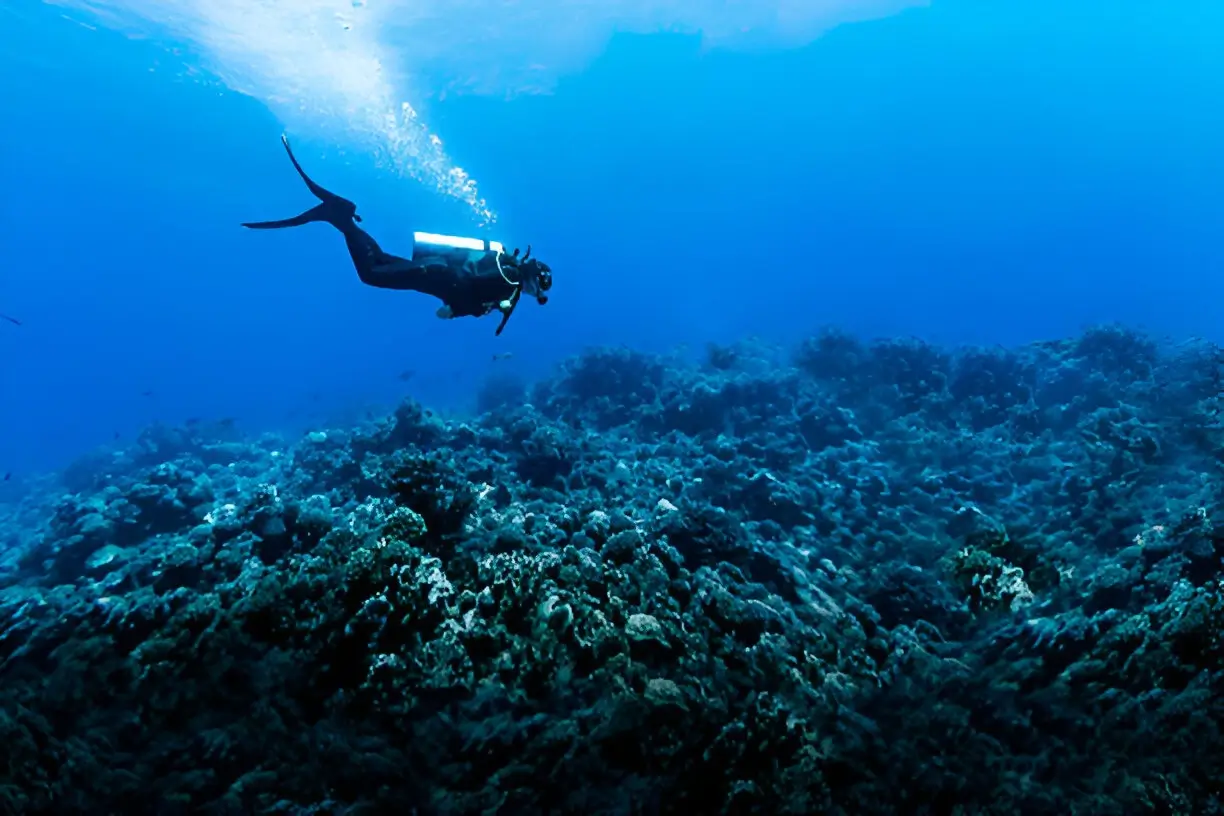
Getting a scuba diving certification opens the door to amazing underwater adventures. It’s perfect for beginners or experienced divers looking to learn more. It’s an investment that will give you memories that last forever.
The Scuba diving certification journey begins with the Open Water Diver course. This course teaches you the basics of diving, like using equipment and controlling your buoyancy. With this certification, you can dive up to 60 feet deep, exploring many dive sites.
The Advanced Open Water Diver certification is the next step for those wanting to dive deeper. It teaches advanced diving skills, like navigating underwater and diving wrecks. Each new certification builds confidence and opens up new underwater worlds to explore.
Divemaster training is the way to go for those aiming for a career in diving. It turns passionate divers into qualified leaders. With a Divemaster certification, you can start a career in the scuba industry, sharing your love of diving with others.
Getting a Scuba diving certification is a life-changing experience. It’s filled with thrilling moments, from discovering vibrant reefs to swimming with majestic creatures. The journey of scuba diving is one you’ll always treasure.
Scuba Diving Certification: The gateway to extraordinary underwater adventures and a lifetime of exploration beneath the waves
Types of Scuba Diving Certifications
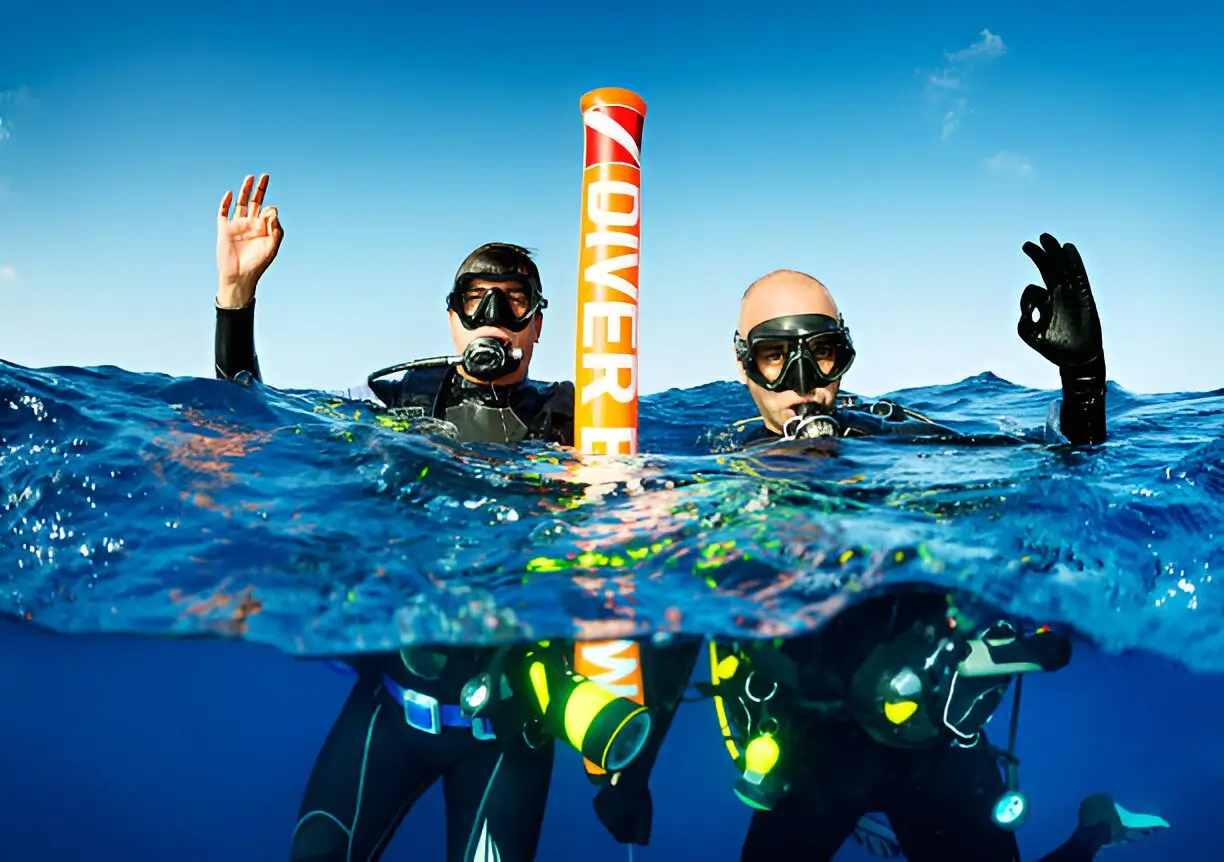
Scuba diving offers a range of certifications tailored to different levels of experience and interests. Here’s a closer look at the various types of certifications available:
Open Water Certification
This is your gateway into the world of scuba diving. The Open Water Certification is designed for beginners and covers all the essentials you need to dive safely. You’ll learn about dive equipment, underwater communication, and basic techniques like buoyancy control. After completing this certification, you’ll be qualified to dive up to 60 feet (18 meters) deep. It’s perfect for those who want to start exploring the underwater world with confidence.
Advanced Open Water Certification
Once you’ve mastered the basics, the Advanced Open Water Certification takes you deeper into the dive experience. This certification allows you to dive up to 100 feet (30 meters) and introduces you to more specialized types of diving. It includes training in areas like underwater navigation, and deep diving, and can even include elective specialties such as wreck diving or night diving. It’s ideal for divers looking to expand their skills and explore more complex underwater environments.
Rescue Diver Certification
Safety is a top priority in diving, and the Rescue Diver Certification focuses on preparing you to handle emergencies. This certification teaches you how to respond to various underwater and surface emergencies, assist other divers in distress, and perform first aid. It’s designed to build your confidence and improve your problem-solving skills in challenging scenarios. Completing this certification not only enhances your safety skills but also makes you a more responsible and skilled diver.
Specialty Certifications
For divers who want to pursue specific interests, specialty certifications offer targeted training in various aspects of diving. These can include:
Night Diving
Learn how to dive after dark and discover the nocturnal marine life that comes alive at night.
Wreck Diving
Explore sunken ships and other underwater structures, learning techniques to safely navigate and investigate these fascinating sites.
Underwater Photography
Capture stunning underwater images with specialized equipment and techniques, perfect for those wanting to document their diving adventures. Specialty certifications allow you to tailor your diving experience to your interests and dive deeper into particular aspects of underwater exploration.
Divemaster Certification
If you’re passionate about diving and want to take it to a professional level, the Divemaster Certification is your next step. This certification trains you to lead dives, assist instructors, and manage diving activities. As a Divemaster, you’ll gain leadership skills, learn how to guide divers safely, and help with dive training. It’s the first rung on the professional ladder and a stepping stone to careers in diving, whether as a dive instructor or in other diving-related roles.
With scuba diving certification, you don’t just dive deeper; you dive into a world of unforgettable moments and boundless discovery
Steps to Get Scuba Diving Certified
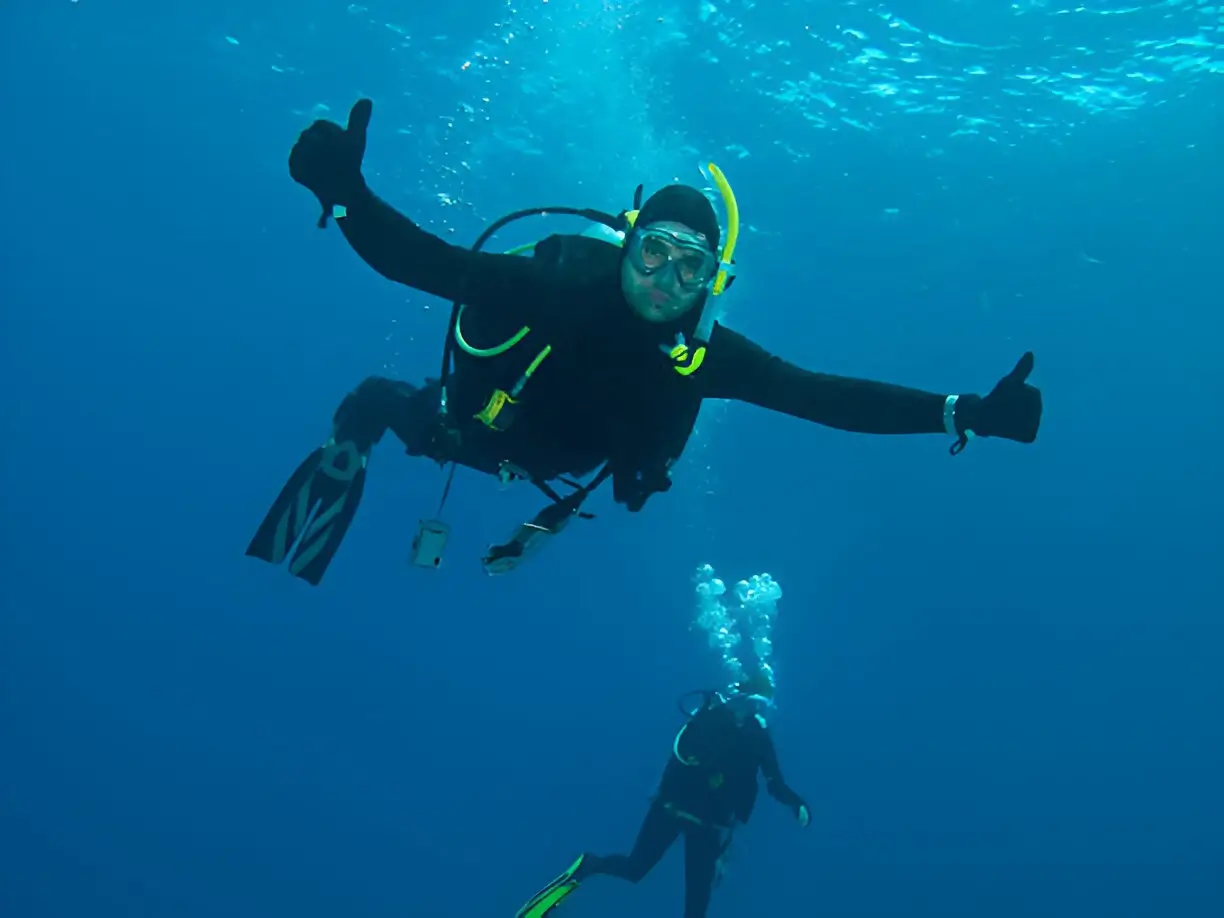
Achieving your Scuba diving certification involves a series of structured steps designed to equip you with the necessary knowledge and skills. Here’s a breakdown of the process:
Classroom/Online Theory
The journey begins with learning the fundamentals of scuba diving. Whether through a traditional classroom setting or an online course, this phase covers essential topics such as diving principles, safety procedures, and equipment usage. You’ll study key concepts like buoyancy, decompression theory, and underwater communication. This theoretical knowledge forms the foundation for your practical training and ensures that you understand the science behind diving before you hit the water.
Confined Water Dives
Next, you’ll move into a controlled environment, usually a pool, to practice and master your diving skills. In these confined water sessions, you’ll become familiar with essential equipment, learn how to handle your gear and perform basic maneuvers like clearing your mask, adjusting your buoyancy, and managing your air supply. These practice dives are crucial for building confidence and ensuring that you’re comfortable with the skills you’ll need in open water.
Open Water Dives
Once you’ve honed your skills in a confined environment, it’s time to apply them in real-world conditions. During open-water dives, you’ll explore actual underwater environments, such as reefs or wrecks, under the supervision of an instructor. These dives allow you to demonstrate your ability to safely manage diving conditions, navigate, and respond to various underwater scenarios. It’s the practical application of everything you’ve learned and an opportunity to experience the thrill of diving in natural settings.
Final Exam and Certification
The final step involves completing an exam that tests your knowledge and understanding of the material covered throughout the course. This may include written tests and practical assessments to ensure you’ve mastered both theoretical and hands-on skills. Once you’ve successfully passed the exam and demonstrated your competence in the water, you’ll receive your scuba diving certification. This certification is your passport to exploring the underwater world, allowing you to dive independently or with others, depending on your certification level.
Scuba diving certification is not just a ticket to explore the depths; it’s your gateway to adventure, safety, and a deeper connection with the underwater world
| Step | Description |
| Classroom/Online Theory | Learn diving principles, safety procedures, and equipment use through classroom or online modules. |
| Confined Water Dives | Practice skills in a pool or controlled environment, focusing on equipment handling and basic maneuvers. |
| Open Water Dives | Apply skills in real underwater settings, demonstrating your ability to manage diving conditions and navigation. |
| Final Exam and Certification | Pass written and practical exams to demonstrate your knowledge and skills, leading to your scuba diving certification. |
How Long Does It Take to Get Certified?
The time required to get scuba diving certified can vary depending on the type of course you choose and your schedule. Here’s a breakdown of what to expect:
Classroom/Theory Sessions
The theoretical portion of the Certification typically involves 8 to 15 hours of instruction. This can be completed either in a classroom setting over a few days or online at your own pace. The duration depends on the course format and your prior knowledge of diving principles.
Pool and Open Water Dives
Most certification courses include:
Average Completion Time:
- Weekend Courses: If you choose an intensive course, it often takes about 3 to 4 days to complete all classroom, pool, and open water components. These are designed for those who can dedicate a full weekend to the certification process.
- Extended Courses: More flexible or comprehensive courses might spread the training over a week or even longer, providing more time for practice and learning. These are ideal for those who prefer a more relaxed pace or need additional time to fit the training into their schedule.
Choosing the Right Dive School
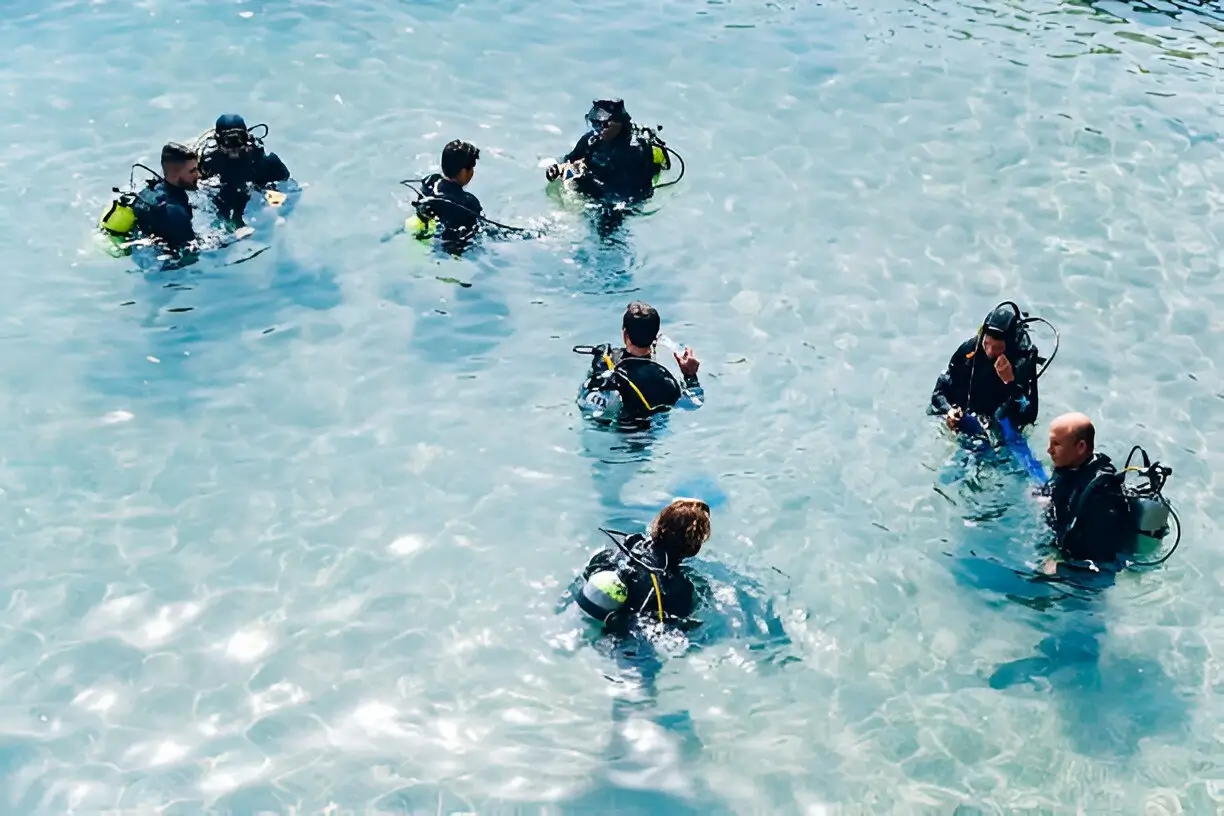
Selecting the right Dive school or instructor is crucial to ensure a safe, enjoyable, and effective learning experience. Here’s what you should consider:
What to Look for in a Diving School or Instructor
Experience and Qualifications
Ensure the instructors are certified professionals with extensive experience and credentials from recognized organizations. They should have a track record of providing quality training and a thorough understanding of diving principles.
Teaching Style
Look for a school with an approach that matches your learning style. Some may offer more hands-on, practical training, while others might emphasize theoretical knowledge or interactive learning.
Personal Attention
Check if the school offers small class sizes or personalized instruction, which can enhance your learning experience and ensure you receive the attention needed to master diving skills.
Accredited Organizations:
- PADI (Professional Association of Diving Instructors): One of the most recognized and widespread certification agencies, known for its comprehensive training programs and global presence.
- NAUI (National Association of Underwater Instructors): Offers a range of certifications and is known for its rigorous training standards and emphasis on diver safety.
- SSI (Scuba Schools International): Provides a variety of certifications and focuses on high-quality training and diver education.
- Other Recognized Agencies: Depending on your location, there may be other reputable organizations that offer certification and training.
Reading Reviews and Understanding the School’s Approach
Check Reviews
Look for reviews and testimonials from previous students to gauge their experiences with the school. Pay attention to feedback on the quality of instruction, the safety of the training environment, and the overall satisfaction of the students.
Safety and Training Approach
Ensure the school prioritizes safety in all aspects of training. They should have a clear safety protocol, provide up-to-date equipment, and follow strict hygiene and maintenance standards. Understanding their approach to training, including the balance between theoretical and practical sessions, can help you find a school that meets your expectations.
Interested in diving deeper into the world of scuba diving? Check out these related articles for more insights and tips:
Top 10 Best Snorkeling Spots for Unforgettable Underwater Adventures
Best Snorkeling in Hawaii: 10 Must-Visit Spots for an Unforgettable Adventure
Top 5 Scuba Diving Destinations Worldwide | A Complete Guide for Beginners
Costs of Scuba Diving Certification
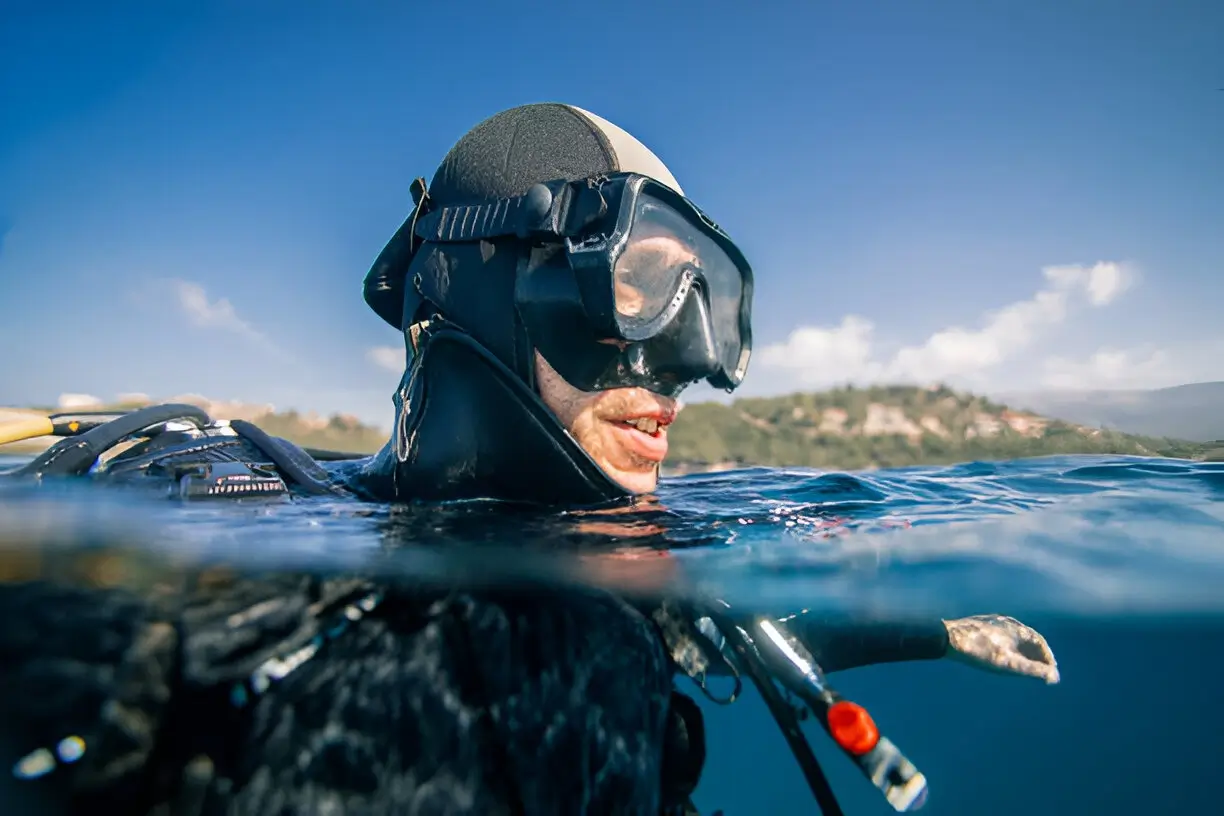
The costs associated with getting Scuba diving certified can vary widely based on location, certification agency, and additional expenses. Here’s a breakdown of typical costs and some options for finding affordable choices:
Breakdown of Costs
| Expense | Description | Average Cost | Affiliate Links |
|---|---|---|---|
| Certification Course | Includes classroom theory, confined water dives, and open water dives. | $300 – $600 | PADI Open Water Course |
| Gear Rental | Rental costs for dive gear if not purchased. | $50 – $150 per day | Scuba Gear Rental |
| Certification Exam Fee | Cost to take the final exam and receive certification. | $50 – $100 | Dive Certification Exam |
| Personal Gear Purchase | Cost of buying personal gear like a mask, snorkel, and fins. | $200 – $500 | Dive Gear Shop |
Additional Expenses
- Travel: If you’re traveling to a Different location for your certification, you’ll need to budget for flights and transportation. Costs vary greatly depending on distance and travel season.
- Accommodation: Staying at a dive resort or local lodging during your course will add to the overall expense. Prices range from budget-friendly hostels to luxury resorts.
- Insurance: Diving insurance can also be an added expense, providing coverage for potential dive-related incidents. It’s recommended to have insurance for peace of mind.
Affordable Options
To help manage costs, consider these tips:
- Look for Package Deals: Many Dive schools offer package deals that include the certification course, gear rental, and sometimes even accommodation.
- Off-Peak Seasons: Enroll in courses during off-peak times to take advantage of lower prices and less crowded conditions.
- Local Dive Shops: Check with local dive shops for promotions or discounts, especially if they offer group rates or seasonal specials.
Links to Affiliate Sites:
Benefits of Being a Certified Diver
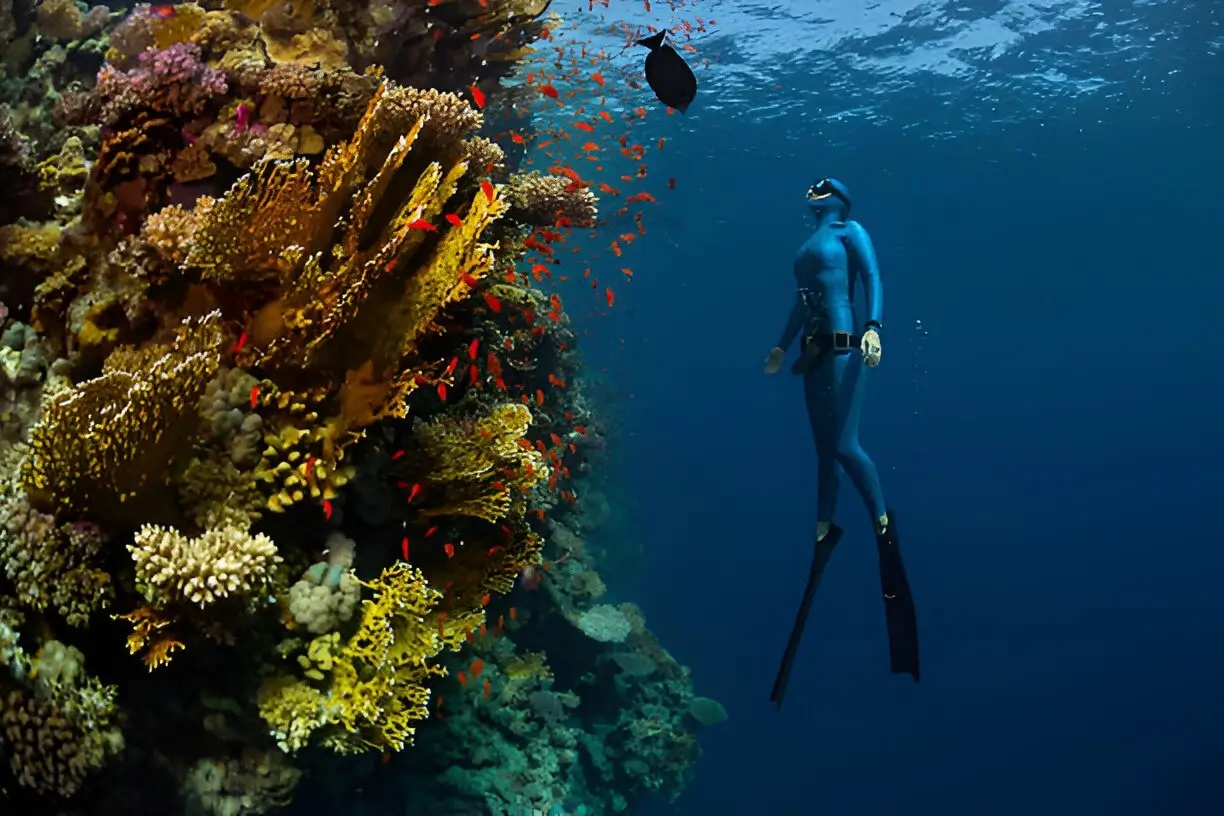
Becoming a certified scuba diver opens up a world of possibilities beyond the surface. Here are some of the key benefits you’ll enjoy, along with affiliate links to explore diving-related opportunities and gear.
Access to More Dive Sites and Deeper Waters
As a certified diver, you gain access to a wider variety of dive sites, many of which are off-limits to non-certified individuals. From stunning coral reefs to hidden shipwrecks and underwater caves, certified divers can explore unique and breathtaking locations. Additionally, with more advanced certifications, you can dive deeper, allowing you to experience marine life that thrives at greater depths.
- Explore the Best Dive Sites: Top Dive Destinations
- Wreck Diving Adventures: Wreck Diving Certification
Confidence and Skill Development
Obtaining your scuba certification builds your confidence in the water, as you’ll learn vital skills such as buoyancy control, equipment handling, and emergency procedures. The more you dive, the more you’ll enhance these skills, allowing you to dive safely and comfortably. This confidence translates into an enriched experience, making each dive more enjoyable and less stressful.
- Start Building Confidence: PADI Open Water Course
- Improve Skills: Advanced Open Water Course
Community and Social Aspects of Diving
Scuba diving is also a highly social activity that connects you with a global community of divers. Whether it’s meeting new dive buddies on a group excursion or joining a local dive club, being certified allows you to be part of a passionate network of ocean enthusiasts. Many divers travel together, share their experiences, and participate in conservation efforts.
- Join a Dive Community: PADI Dive Clubs
- Dive Travel Adventures: Liveaboard Dive Trips
Opportunities to Explore Marine Life
The underwater world is rich with diverse marine ecosystems. As a certified diver, you have the privilege of witnessing vibrant coral reefs, majestic sea turtles, playful dolphins, and other fascinating creatures in their natural habitats. Certified divers also have the chance to participate in marine conservation projects, contributing to the protection of these delicate environments.
- Marine Life Exploration: Top Dive Gear for Marine Photography
- Conservation Initiatives: Adopt a Coral Reef
Scuba Diving Certification opens doors to a realm where every dive is a new adventure, and every underwater experience is a treasured memory
What Comes After Certification?
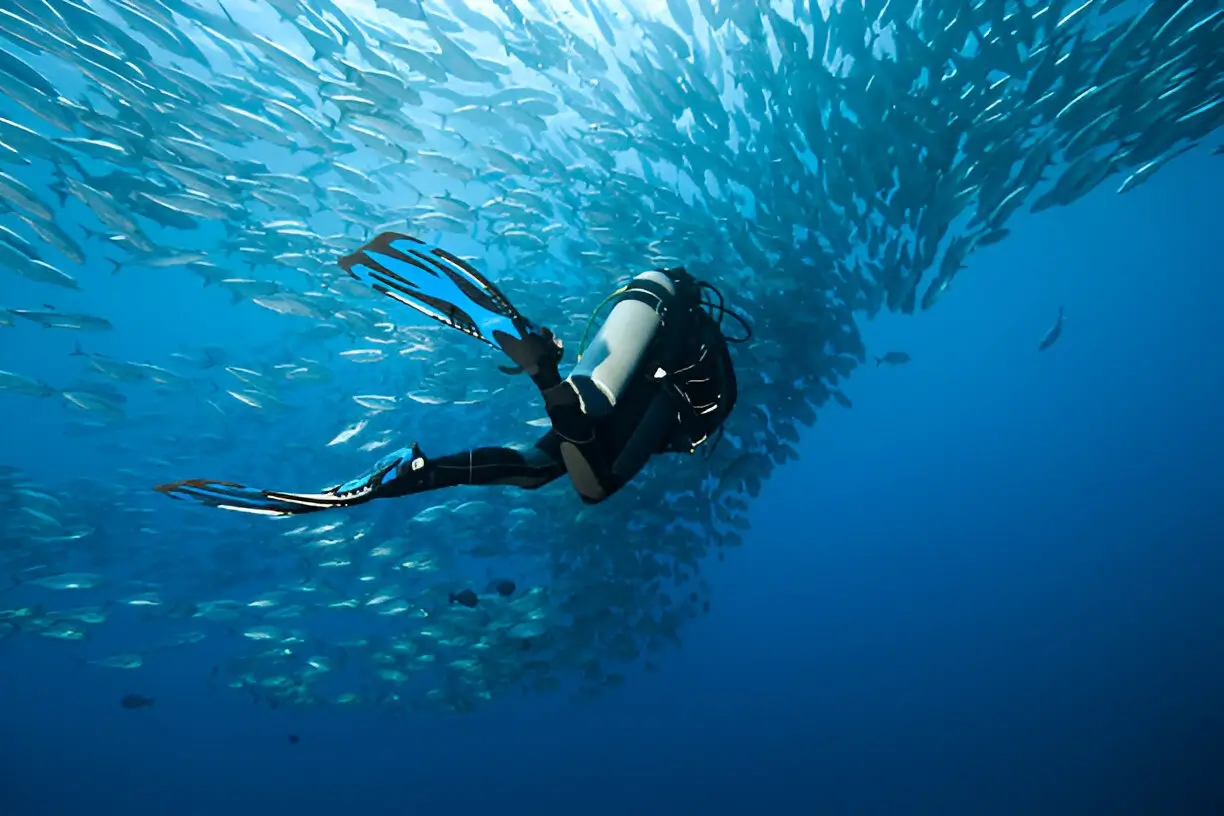
Once you’ve earned your Scuba diving certification, a world of exciting opportunities awaits you. From exploring diverse underwater environments to advancing your skills through specialty courses, here’s what you can look forward to as a newly certified diver.
Exploring Different Types of Dives
Now that you’re certified, you can explore various types of diving experiences. Each offers a unique perspective of the underwater world, from vibrant coral reefs teeming with marine life to mysterious shipwrecks and awe-inspiring underwater caves.
- Reef Diving: Discover the beauty of coral reefs and their incredible biodiversity. Many certified divers start with reef dives in locations like the Great Barrier Reef or the Caribbean.
- Wreck Diving: Explore sunken ships and planes, many of which serve as artificial reefs. This type of diving requires special skills, and a Wreck Diving Course can help you dive safely into these incredible sites.
- Cave Diving: For the adventurous, cave diving offers a thrilling experience of exploring underwater caverns. This requires more training, such as a Cave Diving Certification.
- Start Your Dive Adventures: Top Reef Dives
- Get Certified for Wreck Diving: Wreck Diving Course
Continuing Education and Specialty Courses
After your Open Water certification, you can expand your skills with additional training. Specialty courses offer the chance to learn advanced techniques, explore specific environments, or focus on niche interests like underwater photography or deep diving.
- Advanced Open Water Certification: Dive deeper and broaden your experience with an advanced course.
- Specialty Certifications: Choose from a variety of specialties such as night diving, wreck diving, or underwater photography.
- Expand Your Skills: Advanced Open Water Course
- Specialty Courses: Explore Specialty Certifications
Joining a Diving Community or Club
Being part of a dive club connects you with fellow divers who share your passion for the underwater world. Dive clubs organize group trips, social events, and conservation projects, offering you the chance to meet new dive buddies and continue learning from more experienced divers.
- Join a Local Dive Club: PADI Dive Clubs
Travel Destinations for Certified Divers
With your certification, the world’s best dive sites are open to you. Whether you’re dreaming of swimming with sharks in the Maldives or exploring the vibrant reefs of Indonesia, travel destinations designed for divers offer thrilling experiences.
- Top Dive Destinations: Explore some of the best dive spots globally, from tropical waters to colder, more challenging environments. Many dive travel companies offer all-inclusive packages, making it easy to plan your next adventure.
- Plan Your Dive Trip: Scuba Travel Deals
- Dive Liveaboard Adventures: Liveaboard Dive Trips
In conclusion, Starting your Scuba diving journey is exciting. Getting certified is the first step to a world of adventure. You can become an open-water diver, an advanced open-water diver, or even a divemaster. The skills and knowledge you gain will change how you see the underwater world.
Scuba diving certification lets you explore vibrant coral reefs and see amazing marine life. Every dive is a chance to see something new and incredible. It’s a world that will amaze you with its beauty.
So, why wait? Get your scuba diving certification today. With the right training and gear, you’re ready for amazing underwater adventures. The journey is waiting for you!
